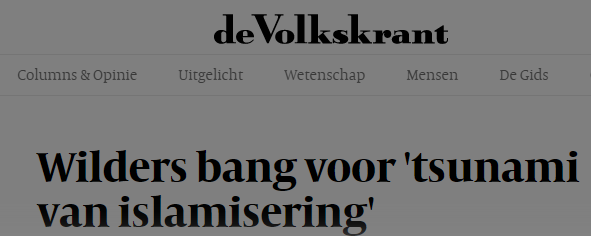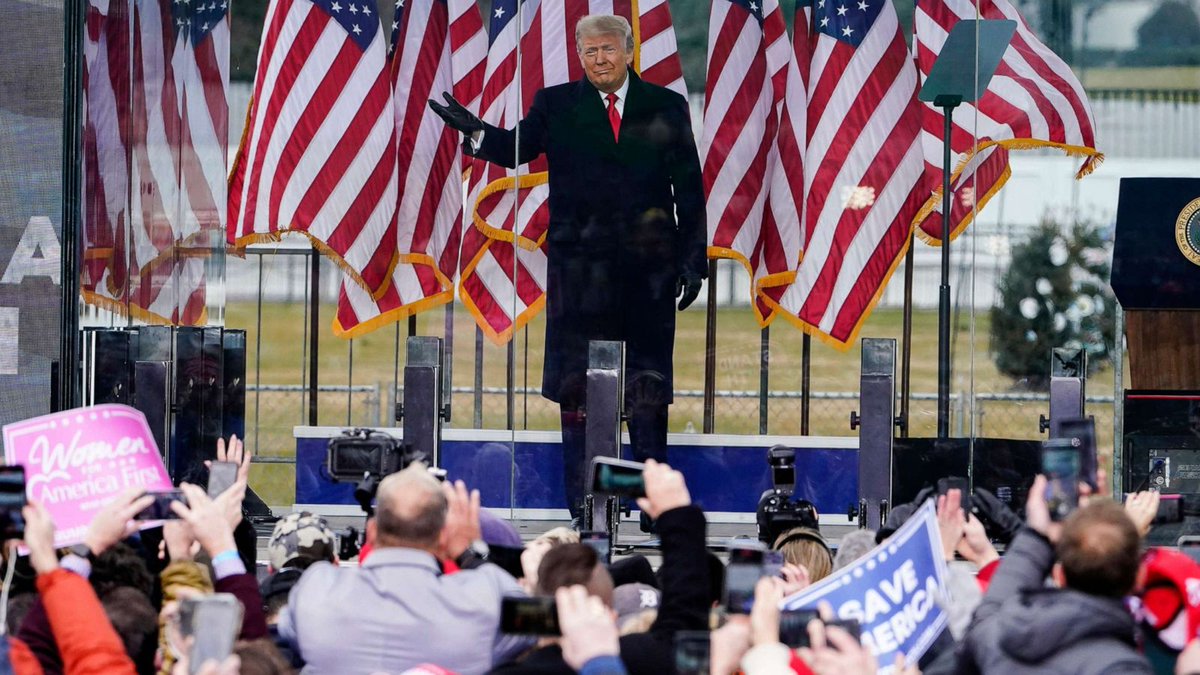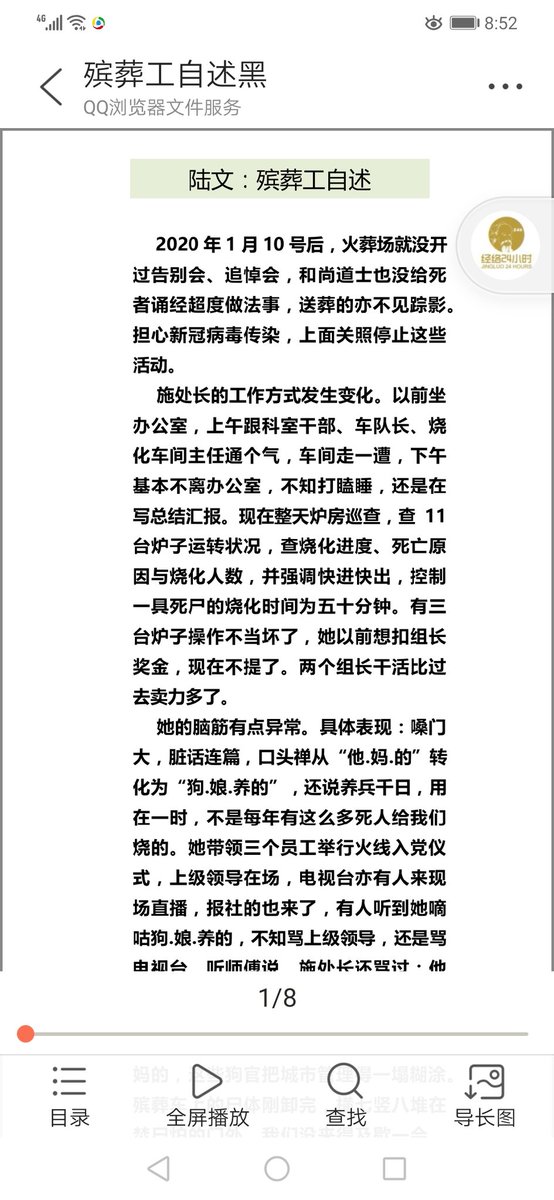
New research into anti-immigration rhetoric, which I'll try to summarise in this THREAD.
It basically suggests that the emotive use of metaphor & hyperbole in anti-immigration rhetoric drives base support & INCREASES their likelihood of political

There is agreement that, at least for parts of the electorate, such populist anti-immigration rhetoric can be highly persuasive.

Metaphors can activate connotations attached to intense & negative concepts, like war & other threats, & hyperboles can exaggerate danger & emphasize threats.

For example, Dutch right-wing politician Geert Wilders hyperbolically extended the metaphor a wave of immigrants into “a tsunami” of 'Islamization'.

The results showed that voters of right-wing populist nationalist parties responded differently to figuratively framed anti-immigration statements than other voters.
However, (IMPORTANT POINT COMING UP):


More from Politics
Prepare to have your mind blown. https://t.co/QKvDLVx8KG Lin Wood, Isaac Kappy Here’s what we know
1. Lin Wood shares the password
2. Website has an article where the first letter of each sentence matches password
3. Title of article is an anagram for issac kappy

4. Somehow the file is stored in tor because of the reference to torsocks
5. Nobody has done an in depth analysis of the source code to see if there’s any hints there
6 search engine searches for slack, tor, and website returned nothing
https://t.co/lCajyM4TWp @sistronk @Crazy_German17 @boy17_tommy @105artillery @thecoffeebarons @Mareq16 @MKEBRAWLER @RealMaciejHelak @C8red8r @FabianBlondel @LaureenZapf
https://t.co/4tUs7tESwg
Silicon Valley is modelled after Crassus

1. Lin Wood shares the password
2. Website has an article where the first letter of each sentence matches password
3. Title of article is an anagram for issac kappy

4. Somehow the file is stored in tor because of the reference to torsocks
5. Nobody has done an in depth analysis of the source code to see if there’s any hints there
6 search engine searches for slack, tor, and website returned nothing
https://t.co/lCajyM4TWp @sistronk @Crazy_German17 @boy17_tommy @105artillery @thecoffeebarons @Mareq16 @MKEBRAWLER @RealMaciejHelak @C8red8r @FabianBlondel @LaureenZapf
https://t.co/4tUs7tESwg
Silicon Valley is modelled after Crassus




















